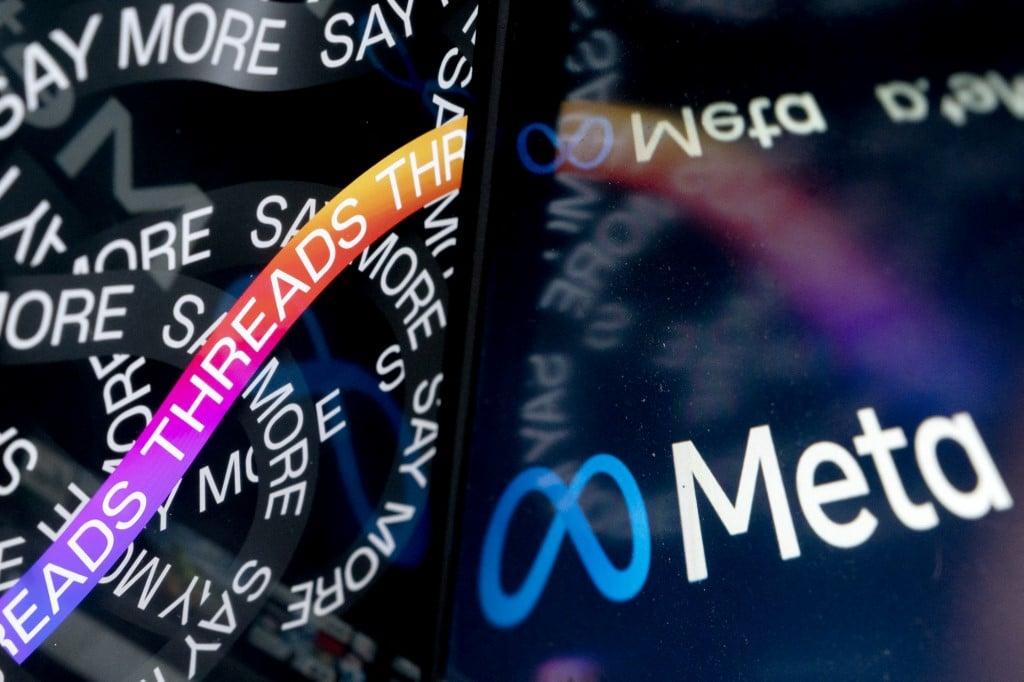A senior executive at the non-profit Open AI has warned that, as well as the potential existential threat posed by artificial intelligence (AI), the technology is also “extremely addictive” and that humanity could become “enslaved.”
Mira Murati, who serves as the non-profit’s chief technology officer (CTO) and who has been touted as the “Most Powerful Woman in AI,” said during an interview on Thursday at The Atlantic Festival in Washington D.C. that the technology’s ability to pinpoint users likes and interests risks making it even more addictive than already existing technologies such as social media and computer games.




